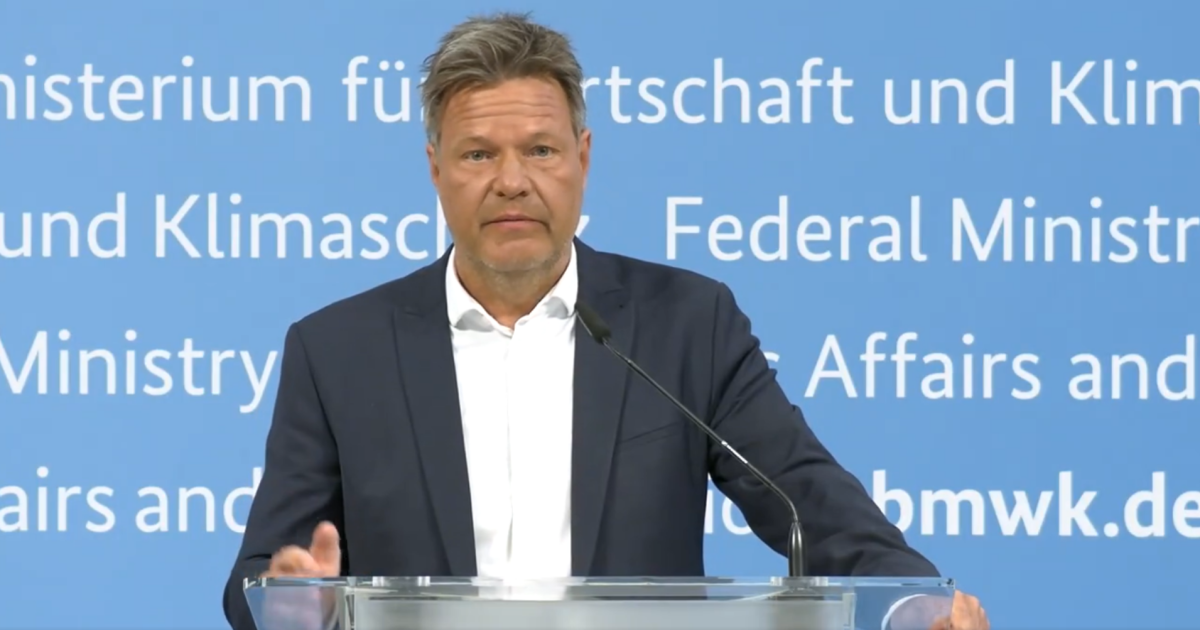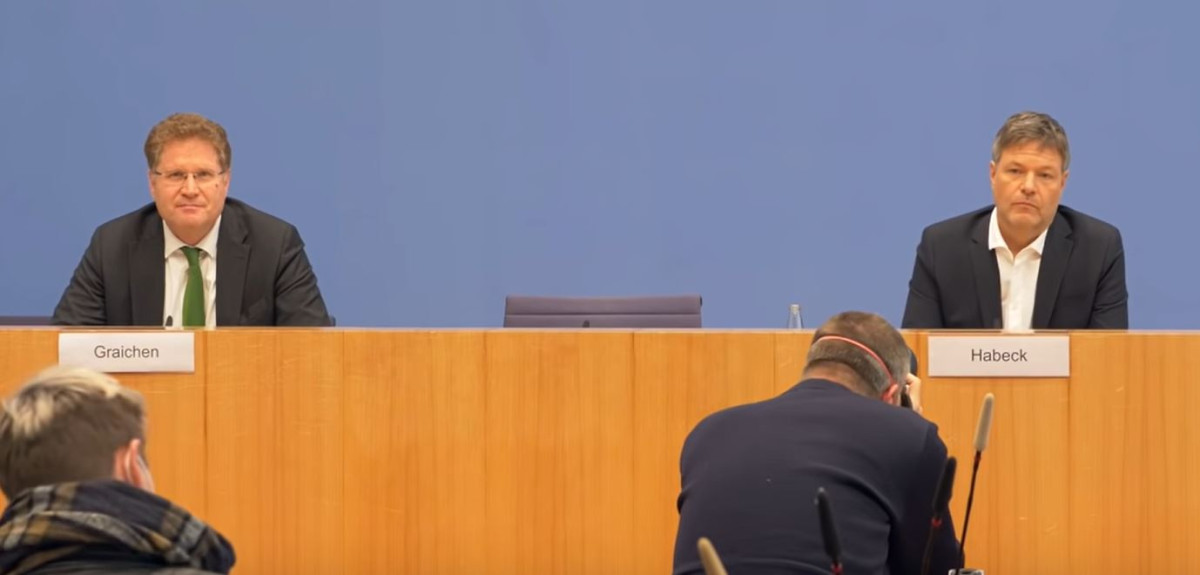Exit of German energy state secretary deals blow to Green Party’s climate plans
The Green Party-appointed energy state secretary in the German Economy and Climate Action Ministry (BMWK), Patrick Graichen, has left his post. The move follows weeks of criticism by the opposition and the media about Graichen’s role in the selection process for a new head of the government-owned German Energy Agency (dena), in which the state secretary, who is responsible for implementing the minister’s policy proposals, failed to disclose early in the process that the ministry's appointee was the best man at his wedding. Graichen is to be temporarily suspended as a result of further internal audits, Green economy and climate minister Robert Habeck said at a press conference.
In a parliamentary committee hearing one week before Graichen’s exit, Habeck said “I have decided that Patrick Graichen does not have to go because of this mistake,” but announced a civil service law audit, as ministry guidelines had been “clearly violated.”
The internal audit now showed that Graichen had approved a list of project proposals in the context of the national climate action initiative that are eligible for government support, which included a project of NGO Friends of the Earth Germany (BUND), where Graichen’s sister used to be the regional chairperson for Berlin. The project had been classified as worthy of financial support, but the file should neither have been presented to Graichen nor should he have signed it, Habeck said, adding that no funds had been paid out so far.
“This was one mistake too many,” Habeck said. The minster said none of the mistakes would have warranted a resignation, but together they have breached the ministry’s compliance guidelines. “I have come out in support for Graichen, because people make mistakes,” Habeck explained. “But he has made himself indefensible,” the minister said, adding that this would have started to undermine trust in the ministry itself and obstructed its capacity to act. He and Graichen have since decided together that ending the employment relationship is the best way to avoid further reputational damage to the ministry.
In a statement published on Twitter, Graichen said the challenges facing Germany “are too big to be overshadowed by debates about myself and my family. The goal has to be to maintain the capacity to act for the energy transition and for climate action.”
Graichen “revived the energy transition” – Habeck
Graichen had set out to lay the groundwork for Germany to become climate neutral by 2045 and reach the interim target of 80 percent renewables in power consumption by 2030. He has been a key figure within the ruling coalition when the newly elected government in 2022 was faced with the energy crisis fuelled by Russia’s war on Ukraine and raced to find alternatives to Russian energy supplies, while shielding citizens and businesses from starkly rising prices. Graichen had also “revived the energy transition and made climate action government action,” Habeck said. He added that Graichen had “done the country a great service. He has saved Germany from a gas shortage through his overriding commitment and played a decisive role in averting an economic crisis.”
The decision would be “very consequential” for his ministry and “very difficult for myself,” Habeck continued. He stressed that the level of public accusations against Graichen “has gone far beyond what is legitimate.” Graichen and his family had become subject to threats from far-right and pro-Russian activists, while many commentators levelled criticisms of these allegation amongst wider criticisms of government policy.
The decision deals a blow to Habeck’s energy transition plans, since Graichen had been instrumental in the drafting of several laws aiming at speeding up decarbonisation, many of which were decided last year. In his previous role as head of the energy policy think tank Agora Energiewende, Graichen had worked on a wide range of energy transition topics. Some of the think tank's concepts were later adopted for implementation in government policy. This included a now controversial proposal for banning fossil fuel heating systems, which gained the government heavy criticism from both opposition and many citizens due to the unclear costs for homeowners.
Kerstin Andreae, head of the energy industry association BDEW and also a Green Party member said the government loses an “internationally highly renowned energy transition expert.” However, she cautioned that the departure of one key individual must not hold up progress overall. “Despite all this, the numerous major tasks and issues of the energy transition must not be held up,” Andreae said.
Minister Habeck said he would immediately start his search for a new energy state secretary. A replacement should be found “as quickly as possible” in order to move ahead with key policy projects ahead of the parliamentary summer break starting on 1 July. Habeck added that compliance rules in the ministry’s selection process would now be strengthened as a result of the affair. This should include an active investigation into possible private links of applicants for government-appointed positions.
The decision comes just days after the Green Party suffered its worst results in over two decades at a regional election in the northern city state of Bremen. Over the course of the affair, the Greens’ popularity in national polls had also taken a hit.



